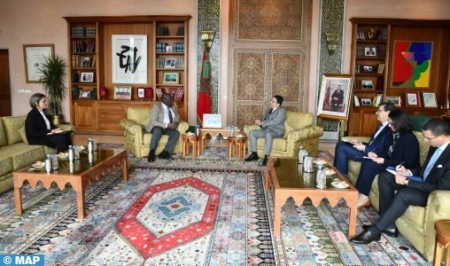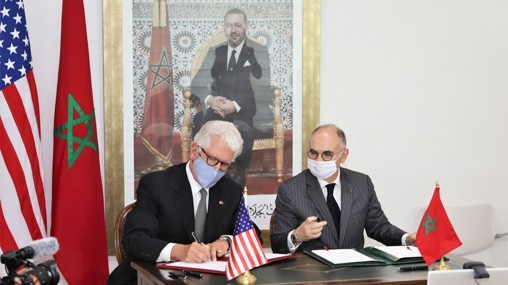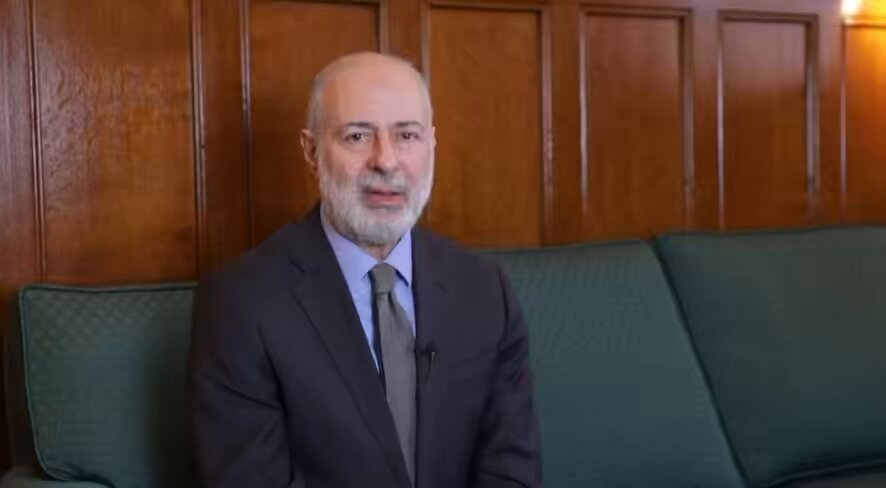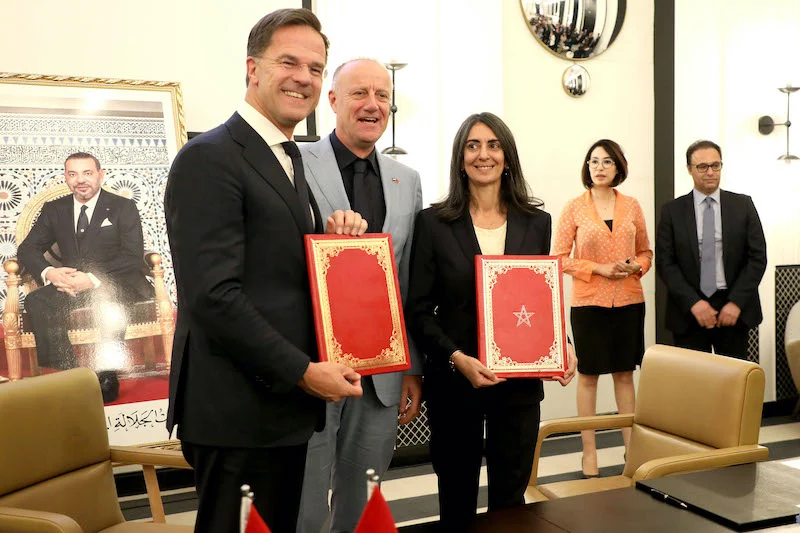Secretary General of the Pan-African Institute for Development (PAID) Emmanuel Kamdem stressed on Tuesday that the choice of Morocco to host the Institute’s permanent headquarters in Dakhla testifies to the Kingdom’s prominent position on the African and international diplomatic scene.
Speaking at a press briefing following talks in Rabat with Minister of Foreign Affairs, Nasser Bourita, Kamdem highlighted the strategic importance of the city of Dakhla, “a bridge between sub-Saharan Africa and North Africa”, where the PAID headquarters will be established.
The PAID, an international organization founded in 1964 and present in five countries (Cameroon, Zambia, Burkina Faso, Sao Tomé and Morocco), has hosted its headquarters in Switzerland, he recalled, adding that the Board of Directors has requested an official headquarters agreement in Morocco to promote pan-African programs.
Underlining the Kingdom’s keenness to support the PAID in its training mission, action research and advisory support, Kamdem pointed out that Morocco is “a benchmark” for development and a country of inspiration through its various effective and innovative programs.
The PAID is committed to promoting and disseminating Moroccan initiatives in other African countries, Kamdem insisted, adding that the Institute also intends to contribute actively to the emergence and bolstering of South-South cooperation for the overall development of the continent.
The decision to move the PAID headquarters to Morocco was made in 2023. The new location becomes the central institutional platform for decision-making and the implementation of socio-economic development strategies in favor of African populations.
The activities of PAID constitute a pillar for the development and well-being of African people, particularly in terms of research, and academic and professional training.



